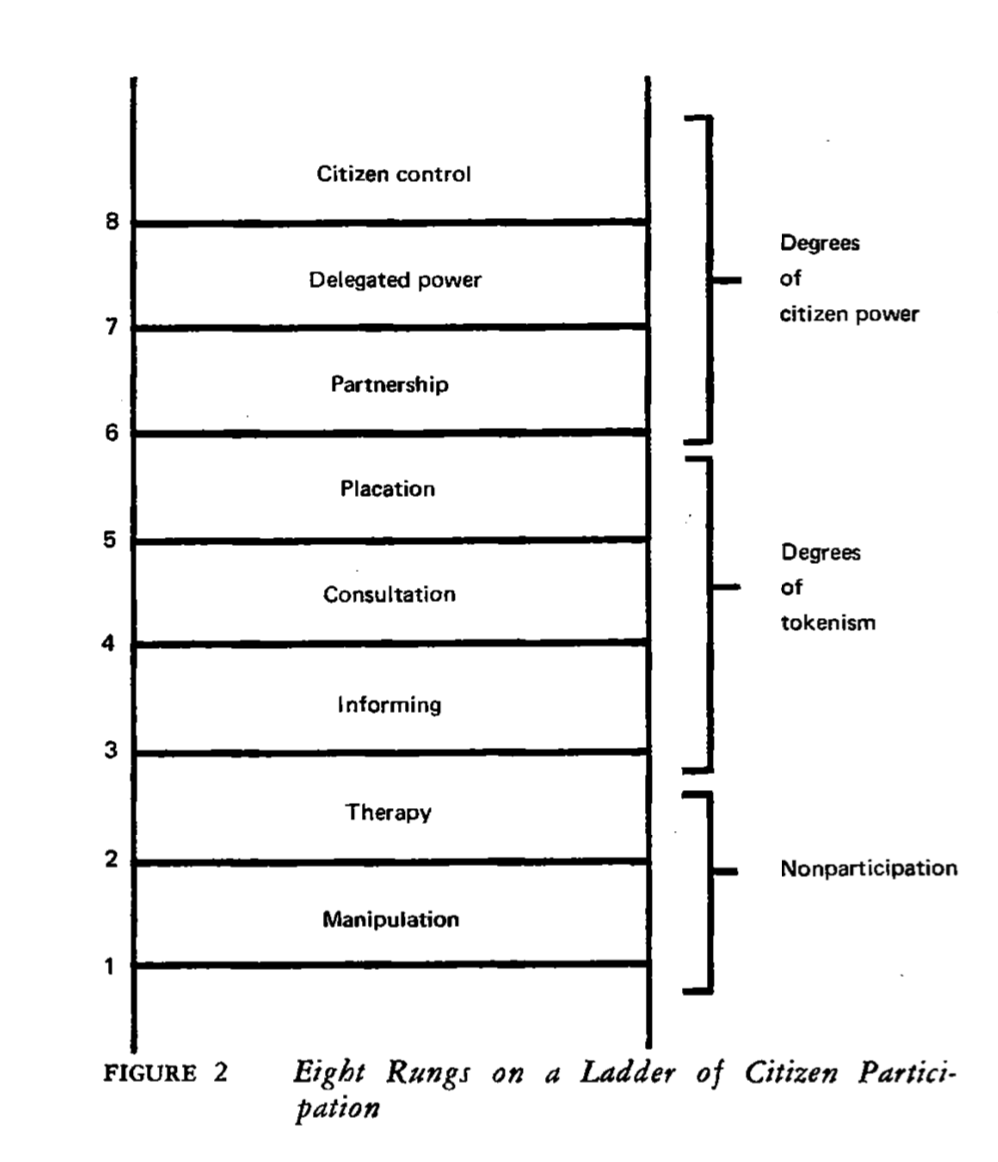Municipalism is "a lifeboat capable of carrying us, our communities and the values we cherish safely through the perilous decades ahead"
Adam Greenfield is a technology writer and consultant whose recent book, Radical Technologies, asked us to disengage from the Silicon Valley hoop-la of our current technium, and ask ourselves: who is truly empowered by these devices and services? What assumptions are we taking on without even thinking about it? A theme we consistently explore here.
In a 2017 IPPR interview around the Radical Technologies book, when asked about whether communities and movements could actively reshape the big networks and platforms, or even outmode them, Greenfield was a bit gloomy:
As a municipalist myself, I’m honour-bound to say that local ownership of certain technical infrastructures would likely lead to more positive social structures. And an interaction with those technologies that’s more fruitful than any that currently exists.
But I also have a nagging suspicion that networks of links between people who are only conceived of as atomic, sovereign individuals are hard to reconcile with a shared common future. I worry about that.
I would love to think that fifty years from now, people just like the ones we can see sitting on this terrace would be part of multiple, consciously-constructed collectives — some based on residence, others based on identity, and others affinity groups based on how they spent their days, in whatever framework replaces “jobs.”
People would be imbricated in multiple kinds of networked condition in the course of their lives, and that would constitute the fundamental framework out of which they emerged as social and political beings. I would love to see that happen.
Do I think it’s particularly likely? It has a non-zero chance of happening, but not a very large one.
Yet in the interim, it seems that Adam has decided to try and work out the likelihood of such a vision. On his blog Speedbird a few months ago, he published the proposal for his forthcoming book: Power At Human Scale. It’s powerfully written, and reposted here below (with one edit for length):
The ecosphere is observably, demonstrably dying around us. Everyday life is increasingly ordered by technologies most of us do not understand — and in the case of artificial intelligence, cannot understand, even in principle.
A vanishingly small number of plutocrats and oligarchs lay claim to virtually all of the wealth produced on Earth, as the rest of us are forced to accept the baleful truths of a life defined by precarity.
The far (and in some places the extreme) right run rampant everywhere from Brazil to Hungary to the Philippines, deftly capitalizing on the sense of helplessness and powerlessness generated by these implacable circumstances.
Amidst the gloom, though, a tenuous but real shard of hope has appeared. Generally percolating beneath the notice of the media, showing up solely when it can no longer be ignored, a novel, non-statist approach to the organization of complex societies has appeared.
There is no getting around the fact that this way of doing things requires a great deal of effort and commitment, but it can restore to us a sense of agency over the circumstances of our lives, a feeling of competence in the management of difficult situations, and the knowledge that our voices matter.
It might even function as a lifeboat capable of carrying us, our communities and the values we cherish safely through the perilous decades ahead. We know it by the rather dry name of ‘municipalism.’
In this introduction, municipalism is presented to the reader as a cluster of related tactics and techniques that allow a community embracing them to ascend the rungs of Sherry Arnstein’s ‘ladder of citizen participation,’ from manipulation through consultation to citizen control.
As Arnstein suggests, the point of increasing the intensity of involvement in decision-making is to grasp power, and the testimony of those who have experienced such power as a lived reality attests to the wide array of beneficial social, psychic and ecological effects that follow […]
The balance of the book will seek to summarize and consolidate the lessons learned by these movements, taking them not so much as literal blueprint, but as a vital repository of ideas to be taken up and reworked in practice by living communities the world over. And a jumping-off point for a non-statist politic, native to the networked, imperilled twenty-first century.
The book visits Porto Alegre, Chiapas, the ZAD of Notre-Dame-des-Landes, Athens, Brooklyn, Barcelona and Jackson, Mississippi to see what lessons each of them can teach us about the organization of autonomous communities; moves through an extended discussion of the Rojava achievement; and concludes by taking a stab at articulating what all of this might be leading up to.
Exciting. This runs with our consistent interest both in municipalism and anarchism.



